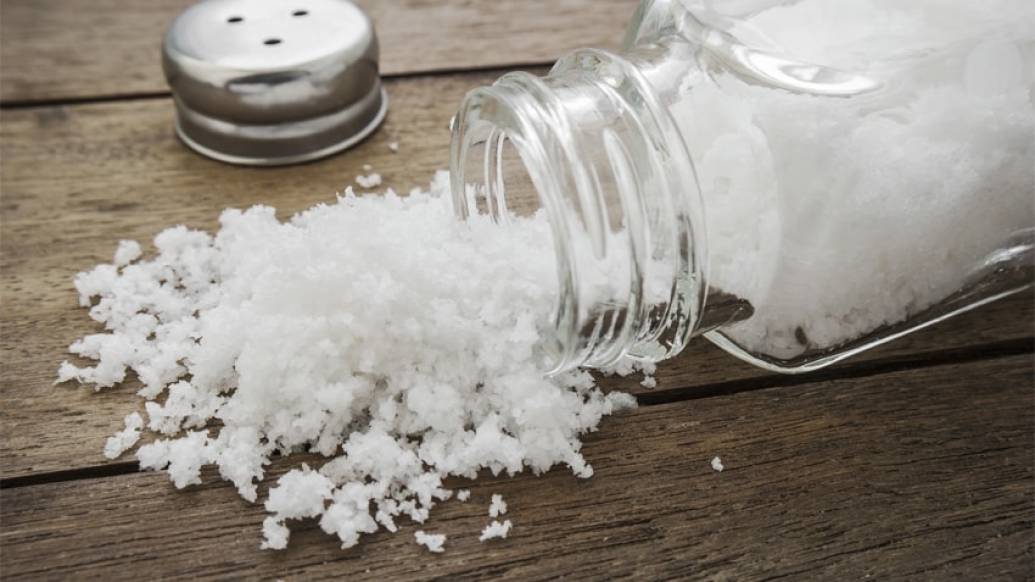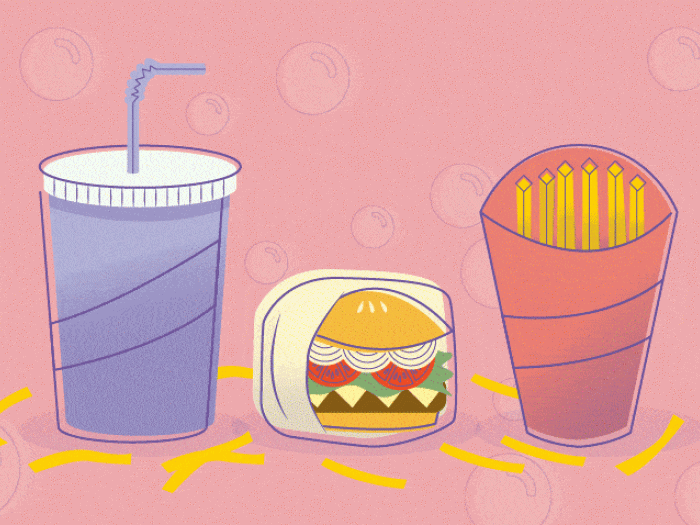Kids on restrictive diets (or who are extremely picky eaters) could be at risk for low iodine levels that can hinder growth and bodily function, an endocrinologist says.
7:00 AM
Author |

For decades, iodine deficiency in children has been viewed as an issue in developing nations. Iodine, after all, is readily found in dairy and commercial bread products in the United States — and most other processed foods here contain plenty of iodized salt.
But with the rise of restricted diets used to help with conditions such as autism, parents could be instigating a scenario that seems downright outdated: Their children aren't getting enough iodine.
"It doesn't necessarily come up as a topic of conversation," says Brigid Gregg, M.D., an assistant professor of pediatrics at the University of Michigan.
Still, she notes, "You need to have some source of iodine in your regular dietary intake."
Which is why Gregg, also a pediatric endocrinologist at C.S. Mott Children's Hospital, this month published a paper in the journal Pediatrics that detailed two respective case studies of U-M patients tied to diets that unknowingly lacked sufficient iodine.
The first detailed a child on the autism spectrum. The boy, age 5, followed a gluten- and casein-free diet low in sodium. An absence of iodine, however, led him to develop a goiter.
The other case detailed a situation that might be more common to families: that of a highly picky eater who, in this instance, only would consume infant cereal, rice, beans and the occasional banana.
Concerns about eczema, meanwhile, led the family to swap cow's milk for coconut milk. They also cooked with noniodized sea salt (neither product contains iodine). Stuck at the bottom of his percentile for weight and length, the 2-year-old was admitted to the hospital.
Although both examples cited in the paper aren't too common, all parents should discuss a child's iodine intake with their pediatrician, Gregg says.
"You already talk about medication or symptoms," she says. "It's also really important to talk about diet — especially if it is a limited one."
You already talk about medication or symptoms. It's also really important to talk about diet — especially if it is a limited one.Brigid Gregg, M.D.
Why iodine matters
The body needs iodine to produce thyroid hormones that help regulate growth, metabolism, heart rate and a host of other vital functions. A lack of iodine can hinder production of that hormone and lead to hypothyroidism.
In other words: "All the machinery is in place, but the factory can't produce the product," Gregg says.
An underactive thyroid, then, might trigger nonspecific symptoms such as fatigue, weight gain, hair loss, constipation and feeling cold.
Newborns are tested for iodine levels as part of general health screenings shortly after birth. But young people on restricted meal plans for medical reasons — or those in other circumstances (a vegan family, for example) — might need additional periodic measurements to ensure they're getting enough iodine.
The risk is greatest during a child's first three years when vital growth and development occurs.
"It's definitely a period where you want to make sure your thyroid levels are normal," Gregg says. "And it's critical for neurocognitive development."
Her recommendation: Make sure kids who do not eat bread or dairy receive at least a half-teaspoon of iodized salt per day (most diets, she notes, easily exceed this quantity).
Helpful, of course, is the fact that iodized table salt has been prevalent in the United States since the 1920s when David Murray Cowie, M.D. — a U-M doctor concerned about children's iodine deficiencies that were so widespread at the time the Great Lakes states were nicknamed the "goiter belt" — launched the movement by lobbying salt manufacturers. Cowie, who died in 1940, founded the U-M pediatrics department.
These days, youngsters whose diets cannot include or lack appropriate salt also can be given iodine supplements in either liquid or tablet form, Gregg says. A family's pediatrician can diagnose the shortfall and offer targeted recommendations.

Explore a variety of healthcare news & stories by visiting the Health Lab home page for more articles.

Department of Communication at Michigan Medicine
Want top health & research news weekly? Sign up for Health Lab’s newsletters today!





